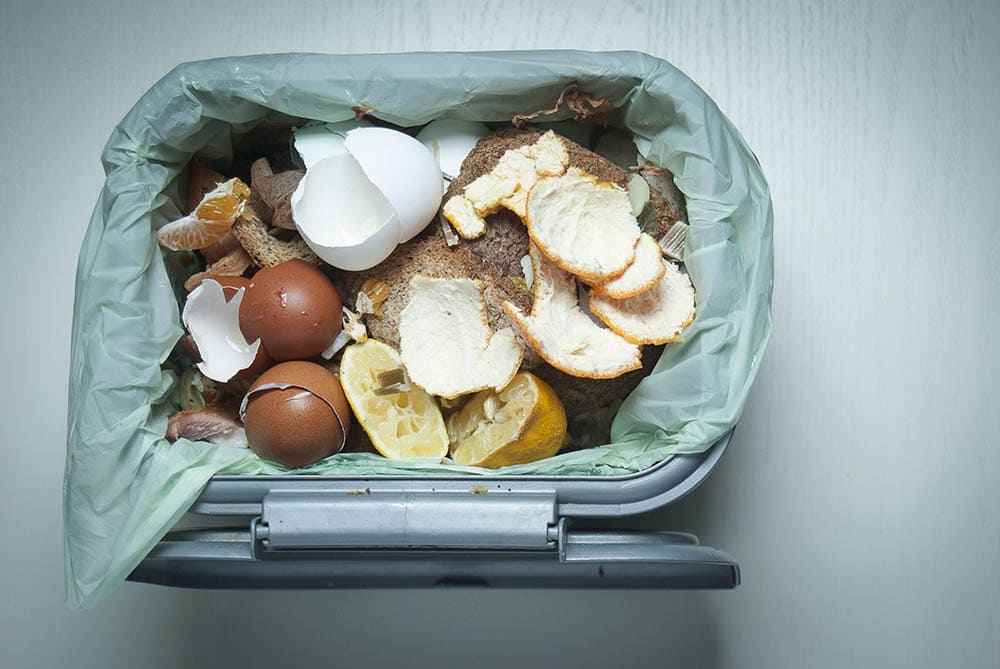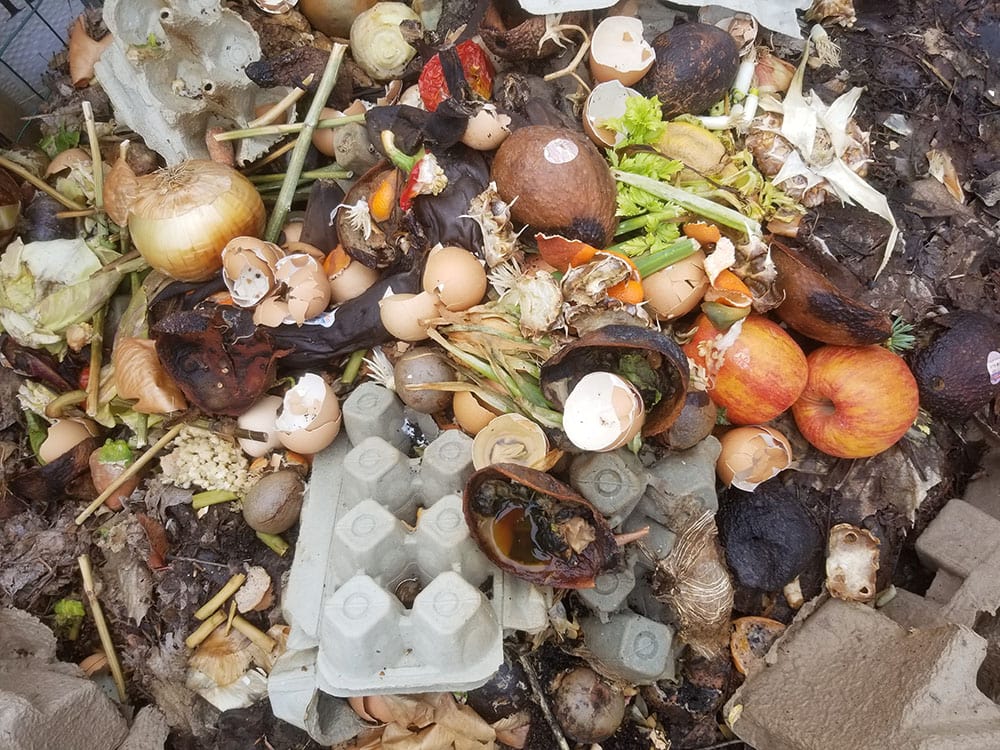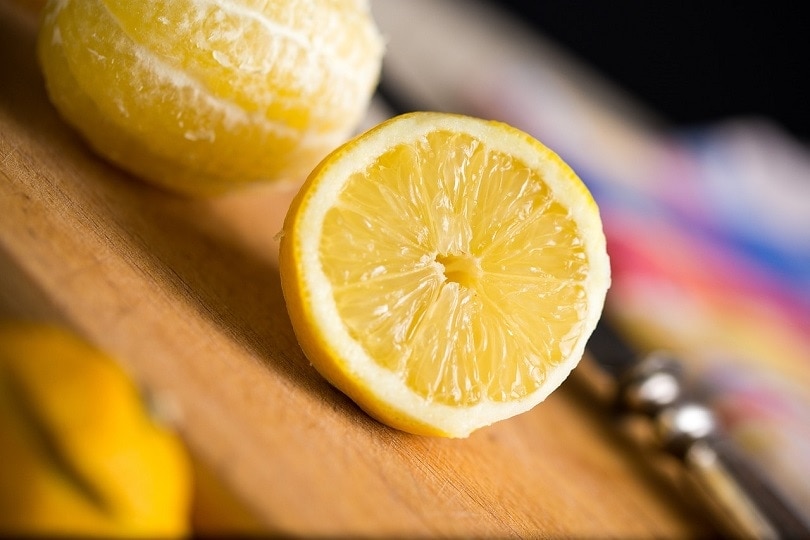Can You Compost Lemons? Facts & FAQ
-

- Last updated:

Compost can accept numerous types of food waste, but an experienced gardener knows you have to be selective in what you toss in the bin and what you throw in the trash. Certain materials won’t decompose, others won’t add beneficial nutrients, and some can degrade the quality of the pile. Citrus foods are one group that many people are hesitant to add because of the acidity in oranges, limes, grapefruits, and especially lemons. The good news is that with care and forethought, citrus fruits of all kinds, including lemons, can be a worthwhile addition to your compost.
After juicing some lemons for your kid’s roadside stand or zesting a rind to garnish tonight’s dinner, we’ll explain how you can put the leftovers to work by feeding your garden.
Can You Compost Lemons?
When added in moderation, lemons can give your compost a significant boost. Lemons are full of potassium, phosphorus, and nitrogen, three essential nutrients for strong, healthy plant growth. As they break down, lemons also give off a citrusy scent that helps deter backyard scavenging rodents and other pests.

Why You Should Limit Lemons in Compost
Lemons are a nutritious addition to compost, but they have a few potential drawbacks worth discussing.
Acidity is a primary concern for many individuals, as too much can lower the compost’s pH and harm the good bacteria that decompose the pile. By limiting the number of lemons you incorporate and keeping a diverse array of other organic materials, you will neutralize the compost without much issue. As long as you aren’t throwing lemons in the compost bin every day, you likely won’t have to worry about the acidity.
Other composting considerations include the d-limonene content in lemons and the hard waxy rind that is slow to break down. While the acidity limits how much lemon you can put in your compost, these other two aspects affect when you can use lemons and how you should add them to the pile.
When Not to Use Lemons
D-limonene gives lemons their familiar citrus aroma. It also has mild toxicity and antiseptic qualities, which may make it off-putting to some of the decomposing agents in compost.
While the acidity might not kill them, many worms used in vermicomposting, such as red wigglers, don’t like citrus fruits. Vermicomposting uses worms to digest and process organic material, creating an aerated mixture rich in nutrients and low in harmful contaminants. Since the worms won’t try to devour them, it may not be practical to include fresh lemon leftovers in this kind of compost.
Despite that concern, if you have a worm-filled compost pile and want to add lemons, you may still be able to without any problems. It might just take a little patience. Lemons shed d-limonene as they rot, so by waiting for them to turn green with fuzz before adding them to your compost, the worms and other organisms will be more likely to consume them without hesitation.

How Do You Compost Lemons?
Although the acids and terpenes in lemons will break down readily and likely create few issues for your compost, the tough lemon rind can be a slight hurdle because it decomposes slowly. Suppliers may also spray a thin coating of wax onto their lemons to improve shelf life and reduce the risk of mold. It isn’t harmful to your compost, and it may even help prevent certain types of fungus, but it also makes the rind even slower to break down.
To speed up decomposition, cut the lemon peels into ½”–¾” pieces before putting them in the compost. When you have finished compost, filter it through a wire mesh to pull out any remaining chunks and use them as a starter for another pile.
Balancing Lemon’s Acidity
Because of lemon’s acidity, you may want to monitor the pH of your compost with a meter. It will likely be acidic during the initial stages of decomposition, but the finished compost will be pH-neutral. If it’s too acidic at that point, you can mix in hydrated lime or wood ash to raise the pH.
Lemons and “Green” Material
Stick to sound composting principles, and your pile likely won’t need alkaline amendments. Keep your compost warm, aerated, and healthy by turning it every 2–3 weeks, and include a diverse array of other “green” materials around your lemons. These include grass trimmings, vegetable and fruit scraps, tea bags, and coffee grounds.

Conclusion
You may need to use them in moderation, but there’s no reason that the odd leftover lemon can’t get recycled into your compost. Among a healthy mix of other green materials, lemons can be an enormous benefit for your garden. By keeping a 3:1 mix of brown materials and green materials and turning your compost regularly, you’ll ensure you get the most out of this nutritional addition to the pile.
Featured Image Credit: stevepb, Pixabay
Contents


